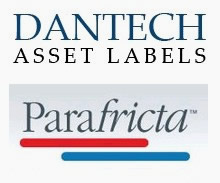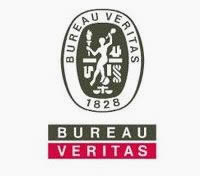Document management for compliance
01/07/2010
Many business processes require an accurate audit trail of who did what, and when they did this, together with the ability to retrieve records as they were at any time.
Enterprise document management systems can provide this audit trail. They are a cost effective way of ensuring legal compliance with legislation or internal policies.
When a document management system is used for compliance there are four parts to the system which need considering:
- Firstly the system acts as a document storage system, or file management system. Documents of all types are included. Electronic files and emails are catalogued and stored. Paper based documents are scanned and the images stored, sometimes with OCR to generate searchable text from the document. Other material such as audio or video content can also be classified and stored. The key to these systems is the cataloguing of the documents for retrieval by search later on.
- Secondly the system provides an audit trail of when these documents are created, how they documents change with time (and by whom) and links (of action) between related documents.
- Thirdly the document management system can enforce compliance to certain procedures. This may be as simple as a naming convention, but it might be ensuring adequate level of encryption on sensitive data or ensuring documents are not sent by accident to the wrong person.
- Lastly the document management system can be interrogated to provide evidence that compliance occurred, or reports generated to highlight any potential issues. The system ensures documents are kept for the required length of time. Documents of all types can be retrieved (with correct level of access) efficiently.
Examples of document management systems forcompliance include FileStore EDM, produced by DCS.

























